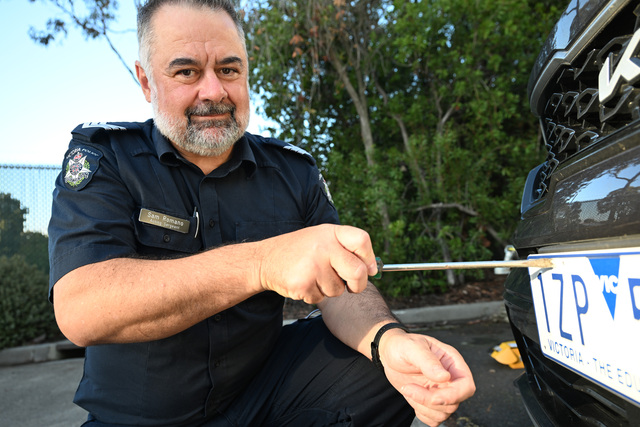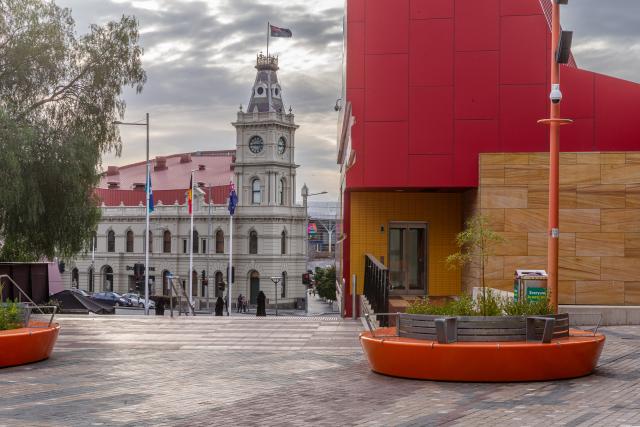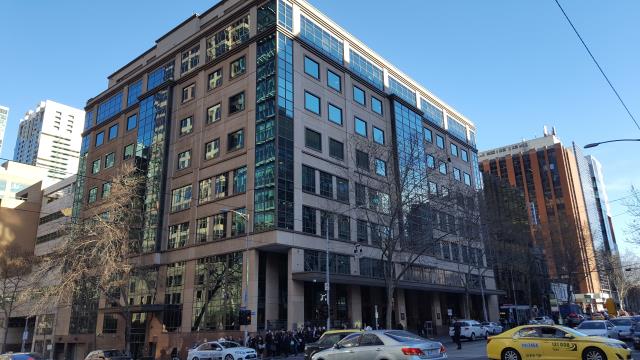By Shaun Inguanzo
THE FEDERAL Government has dropped a bombshell on a Dandenong South company’s plans to sell a scientific tool to India, Pakistan and Iran out of fear the countries will use it to build nuclear weapons.
The company, GBC Scientific Equipment, has slammed the ban on their mass spectrometer as hypocritical because the government allows it to sell the product to China where a nuclear weapons program is under way.
GBC’s mass spectrometer was created in Dandenong South and outclasses every rival product in the world in its ability to analyse both liquid and solid objects on-the-fly.
The mass spectrometer’s main application is to analyse drinking water for health purposes but the Department of Defence told Star that Defence Minister Brendan Nelson was concerned about its ability to analyse uranium.
“Mass spectrometers are scientific instruments with many applications, including in uranium enrichment and reprocessing to measure the isotopic composition of enriched uranium and plutonium samples,” a spokesperson said.
“Not all mass spectrometers are controlled for export, as this depends on what the instrument can measure and its accuracy.
“High capability mass spectrometers are classed as dual use goods as they may be used in nuclear programs with either or both civil and military purposes.”
But the company’s managing director Ron Grey, 58, launched a scathing attack on the government’s ban this week.
“They certainly wouldn’t let me sell into Iran, India or Pakistan, but they will let me sell into China where they have got nukes,” he said.
“The whole thing is full of hypocrisy.”
Mr Grey said the government’s nuclear concerns would only stop local trade, not nuclear weapons development.
“It’s an analysis machine, it tells you what is there in the way of elements and isotopes,” he said.
“There are millions of other ways to do what the government thinks those countries will do with it.
“Let’s face it, the United States dropped an atom bomb on Japan long before these spectrometers were even thought of.”
Mr Grey said GBC Scientific had spent 12 years and $15 million developing the technology.
He said he had taken $10 million worth of orders from the countries but could no longer fulfil them.
Paul Dowling, executive officer of the South East Melbourne Manufacturers’ Alliance (SEMMA) threw his support behind Mr Grey and GBC Scientific.
“It is unfortunate that a local company with leading edge technology and export orders is unable to enter the marketplace in some countries due to restrictive export approval policies,” he said.
“SEMMA is working closely with GBC to help them to secure government support so they can export their spectrometer to countries such as India.”
If Mr Grey or GBC sell the mass spectrometer to the banned countries, the individuals convicted face a $275,000 fine or 10 years in jail – or in some cases, both.
But the shrewd businessman says he will not give up his fight to have his product sold into those countries.
“My concern now is that the embargo will allow the US to whip into the markets in those countries,” Mr Grey said.
“The Australian Government is making sure the US beats us to it.”
Mr Grey said GBC Scientific was working on inferior versions that could not analyse uranium – but had received only one order so far.
Trade nuked
Digital Editions
-

HOME is where the art is
Dandenong is sprawling with art for 14 weeks as part of the HOME 25: Invisible Cities exhibition. Sixteen artists are showcasing the stories of refugee,…





